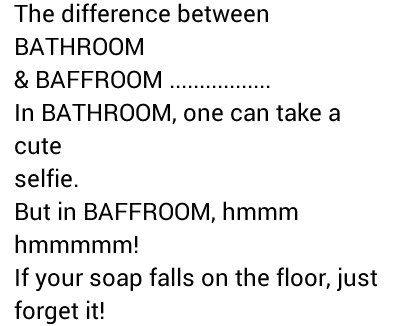Credo
Catholic Search

Custom Search
Credo in unum Deum, Patrem omnipotentem, factorem caeli et terrae, visibilium omnium, et invisibilium. Et in unum Dominum Jesum Christum, Filium Dei unigenitum. Et ex Patre natum ante omnia saecula. Deum de Deo, Lumen de lumine, Deum verum de Deo vero. Genitum, non factum, consubstantialem Patri: per quem omnia facta sunt. Qui propter nos homines, et propter nostram salutem descendit de caelis. Et incarnatus est de Spiritu Sancto ex Maria Virgine: Et homo factus est. Crucifixus etiam pro nobis: sub Pontio Pilato passus, et sepultus est. Et resurrexit tertia die, secundum Scripturas. Et ascendit in caelum: sedet ad dexteram Patris. Et iterum venturus est cum gloria, judicare vivos et mortuos: cuius regni non erit finis. Et in Spiritum Sanctum, Dominum, et vivificantem: qui ex Patre Filioque procedit. Qui cum Patre et Filio simul adoratur, et conglorificatur: qui locutus est per Prophetas. Et unam sanctam catholicam et apostolicam Ecclesiam. Confiteor unum baptisma in remissionem peccatorum. Et exspecto resurrectionem mortuorum. Et vitam venturi saeculi. Amen.
Click here for an English translation.
The Nicene Creed was formulated in the 4th century, to affirm the totality of the Catholic Faith. None of the heretics of the time would be able to say this creed, which denied the basic tenets of their heresies. It became a test of orthodoxy in doctrine (or you could say Catholicity) - if you did not profess the entire Faith as the Church teaches, you were known to be a heretic - because denying one doctrine of the Faith indeed causes all the others to unravel. The Faith is a cohesive whole.
We sing this entire hymn during Mass, or at least follow along with the Priest, thinking it to be a beautiful prayer but not realizing what some of the words cost. A few words, like Filioque and consubstantialem were hotly debated between faithful Catholic bishops and the multitude of heretics that existed, such as the followers of Arianism, Docetism, Donatism, Monophysitism, Nestorianism, Pelagianism, etc. Many good Catholics suffered much to preserve the truth, and these key words became the dividing point between Catholics and heretics/schismatics. Some heretics professed that the Holy Ghost did not proceed from the Son as well as the Father, so the insertion of Filoque "and the Son" was anathema to them. Others had issue with consubstantialem, which means "of the same substance", because they believed that Christ was not equal to the Father.
So as you recite or sing the Nicene Creed, remember that for centuries men have had to fight valiantly for the Faith, which was often the occasion of great suffering.
This is found on the following CD(s):Chant Compendium 4.
Return to Gregorian Chant Lyrics page


Comments
Post a Comment